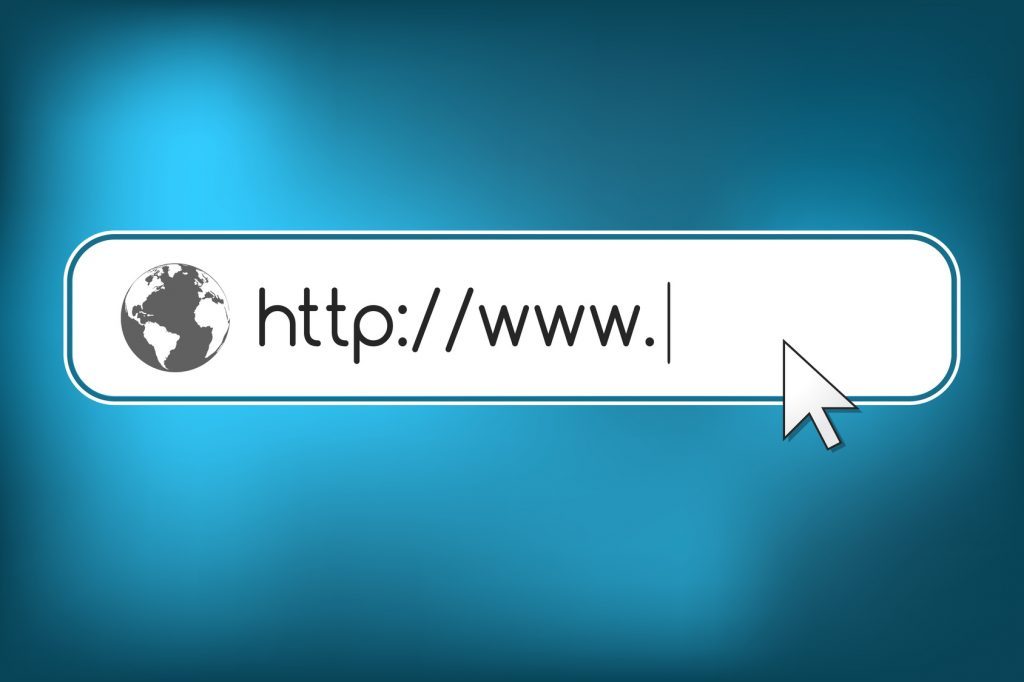Written by DNB Stories’ tech editor, Victor Uma

The simple and straightforward answer to if adding a question mark (?) or hashtag (#) to your URL string will hurt your page’s SEO ranking or not is YES – adding a question mark or hashtag to your page’s URL is bad for SEO.
Before I explain the reason question marks and hashtags hurt SEO, let’s talk about why a webmaster would want to add a question mark or hashtag to an URL in the first place.
A good way of improving a web page’s chance of ranking on search engines is capturing the page content’s keywords in the URL. Some webmasters feel adding a question mark (?) or hashtag (#) to the URL string as may be contained in the page’s title or heading will somehow be beneficial to the page’s SEO. Sadly, the opposite is the case.
In fact, SEO experts constantly warn webmasters about adding unnecessary symbols and characters to their URL strings. The reason for this is simple – the way search engine bots interpret characters and symbols during web crawling differs. Some characters may be interpreted wrongly with their true purpose misread by web spiders.

Why adding a question mark or hashtag to your url is bad for SEO
Populating your page’s URL with characters and symbols like question marks, hashtags, letters and numbers, equal signs or combinations of other characters or symbols, is totally bad for SEO and can hamper the page’s chances of ranking on search engines.
Web crawlers interpret these symbols and characters differently. A question mark (?) usually does not stand for a question mark in a URL.
Most crawlers convert question mark to %3F (which is the per cent-encoded version of ?). The resulting code informs a server to prioritise the parameters following it more than others. A hashtag (#) on the other hand tells the server to disregard everything following it.
The good news is that most modern content systems automatically eliminate question marks and hashtags and other characters that are problematic to SEO before the post is published.



Nice Information